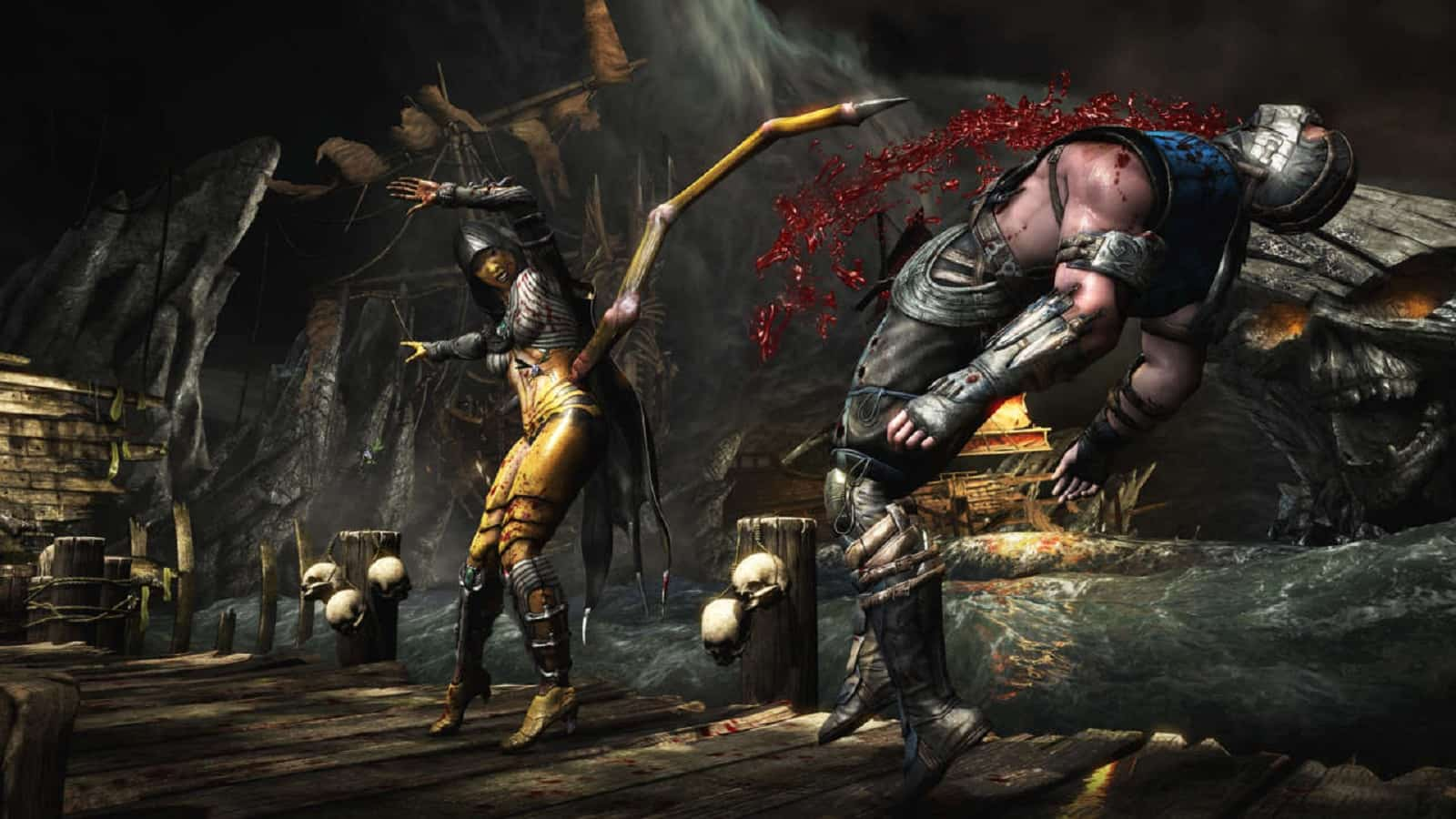New Zealand’s Chief Censor David Shanks has banned an online video game that he says “celebrates white extremist mass murder”. He has classifed it as objectionable under the Films, Videos & Publications Classification Act 1993.
His office also reached out to New Zealand internet service providers (ISPs) to notify them of its move and ask them to consider what steps they can take to protect their customers from the illegal content.
Vodafone, one of New Zealand’s main internet service providers, have chosen to act as the enforcement wing of the Chief Censor by blocking their customers’ access to the game. This raises questions about how far Vodafone are prepared to go in order to act as the enforcement wing of this government.
Today, Rich Llewellyn, head of external affairs at Vodafone NZ, said that while the company does not believe it is appropriate for ISPs to decide what New Zealanders can or cannot access, with this game “clearly seeking to exploit the Christchurch attacks” it was quick to block the site.
How do Vodafone customers feel about the decision being made for them? Methinks Vodafone doth protest too much. Massey University went on about how much they cared about free speech right before they de-platformed people. How can Vodafone expect us to take their claim that they do “not believe it is appropriate for ISPs to decide what New Zealanders can or cannot access” seriously?
Other internet providers in New Zealand have not taken it upon themselves to take away the opportunity for Kiwis to commit a crime. They have treated them like adults who are responsible for their own actions, instead of ‘protecting’ them.
Vodafone’s actions make me very nervous, because if they are this eager to please the government how easy will it be for the government to hint how handy it would be if certain influential websites were shadowbanned during the election? After all, if Vodafone are going to be paternalistic and make these decisions for their customers they might decide that their customers should only be able to access the right kind of political views.
If you think that sounds too far fetched then let’s have a look at another aspect of this decision. If violent online video games that feature white extremists can be banned then ALL violent online video games can be banned.
Violence is violence after all. Online games feature Nazis and pimps who shoot and run over prostitutes. When my children were teens one game involved aliens shooting an anal probe up the human victims’ rear which would make them poop everywhere before exploding.
Video games are violent and messy and are based on war both historical and make-believe. Why is one kind of violence so bad that it must be banned but other violence quite okay? I am sure there are lots of online games that involve terrorists and terrorism. Games like these often allow the player to play as the good guys or the bad guys. What about all those games? What about games based on real-life wars and battles? Why are they okay?
Our Chief Censor is very trigger happy. After having pretty much no real censorship for decades in New Zealand we have now had two things banned in short order. Under this government this will not be the last thing to be banned as I have a feeling Chief Censor David Shanks is just getting started.
Hmmm… that would make a good game. Censor this. It could be like that game where you have to infect the population in the most effective way possible with the best diseases. The aim could be to either suppress a censored thing and prevent it from spreading or to spread it as fast as you can online before the cops can catch you.
Soon it may not be a game it will be real-life because Chief Censor David Shanks’s actions have guaranteed that the game will go viral on the dark web. Banning it made a game that no one would have cared about or noticed, instantly seem desirable and forbidden fruit. Hasn’t Shanks ever had children?

